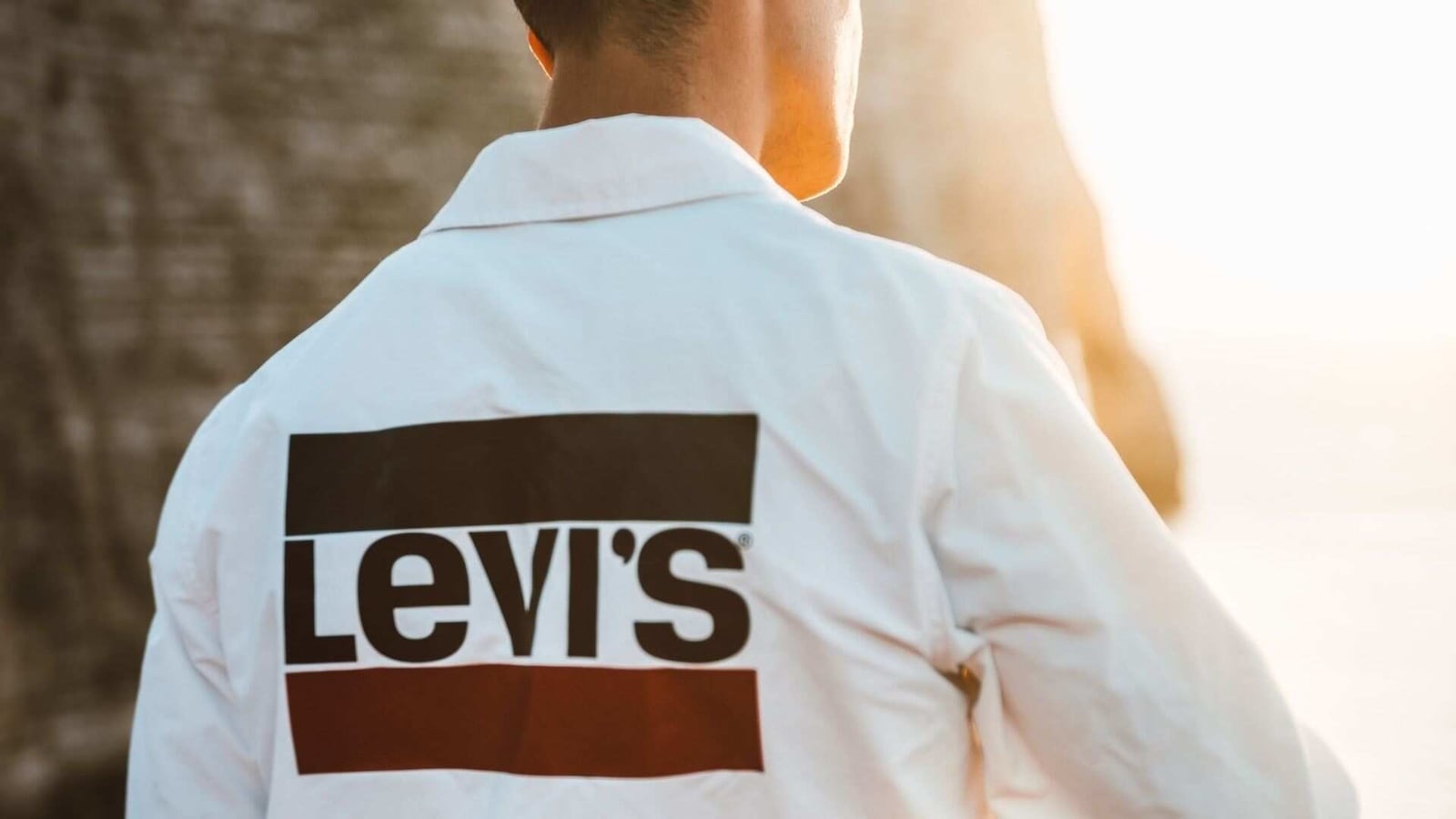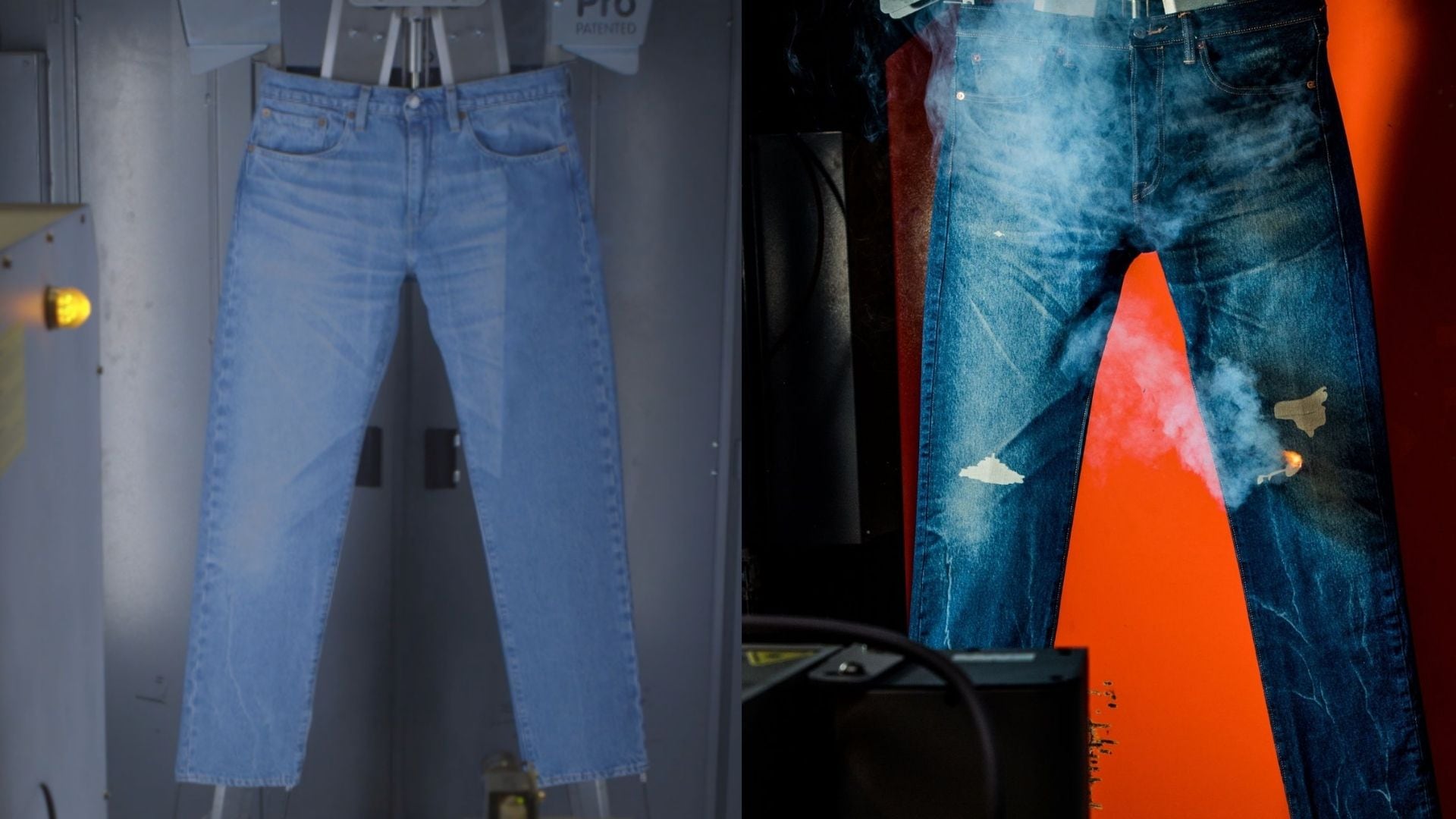An insight into Levi’s bet on technology to sustain during Covid-19
Levi’s, one of the biggest apparel companies, leveraged a technology that had developed way back in 2018, to ensure uninterrupted production which also helps in reducing carbon footprint.

Hit hard by Covid-19 lockdowns, businesses in India and around the world were forced to explore new ways to keep running. Even as digital-focused companies such as Amazon and Flipkart gained from the new normal, conventional businesses scrambled to embrace technology. And this has not been just restricted to creating a website and mobile app.
Levi's, one of the biggest apparel companies, leveraged a technology that had developed way back in 2018, to ensure uninterrupted production.
Called FLX, the technology enabled Levi's to replicate the hand-finish -- which is normally done on denim and has multiple processes and uses a lot of chemicals -- into sustainable processes of laser technology.
“It does two things; one is that it's very environment friendly and secondly it allows us to really be closer to the market and the consumer and allows us to deliver what the consumer needs in a completely digital and faster format,” Sanjeev Mohanty, Managing Director - South Asia, Middle East & North Africa Levi's told Hindustan Times in an interview.
Mohanty further explained how this technology could be used to make 25-30 different finishes on just one fabric. It also gives the company an idea to look out for what's trending and accordingly make finished products which eventually helps in reducing carbon footprint. A part of Levi's FLX is the option for consumers to design their denim.


“Consumers will be able to go to a Levi.in site and basically select their favourite fit and a blank design and create their own denim version. They want a large, distressed patch or a small torn area, just pick and drop very intuitively on their mobile phones and that will be manufactured and delivered to them very quickly,” he said.
Levi's has piloted this feature in the US, and the response has been so far “encouraging.” The company plans to roll it out soon to other markets including India.
On Indians adopting such kinds of technologies, Mohanty said, “India is a very tech-savvy market, and we're a mobile-first market, unlike many other markets. Consumers are very intuitive in terms of adapting to technology so I don't see any reason why it will not scale up here.”
ALSO READ: Behind the scenes of the first-ever virtual Lakmé Fashion Week
The next level for technology in shopping would be to use augmented reality to successfully find fits for consumers. This technology is yet to see a success especially for something as tangible as clothes. On this, Mohanty opines that this technology will still take years to develop and actually become user friendly.
“Technology has been trying to solve this and this is the biggest problem to solve actually for e-commerce companies because they have so much investment. But nobody has really come up with a solution. We are still going with a size chart and similar size kind of a thing. But I think augmented reality and that technology will happen in maybe two, three, five years, we do not know, but it is ultimately going to happen,” Mohanty said.
He added that for a legacy brand like Levi's or even Nike, it won't be much of a problem as consumers know their fit, especially for popular products like the 501. Consumer loyalty also adds to it as they know exactly which product to purchase, and what size to go for. Brands which do not have an established fit portfolio would face problems with this as consumers would have to try out the products.
Mohanty expects the company to bounce back to pre-Covid levels by March-April next year. The company also had a good quarter with over 50% growth in digital. He pointed out that e-commerce has seen outstanding growth, especially from September onwards leading up to Diwali.
Catch all the Latest Tech News, Mobile News, Laptop News, Gaming news, Wearables News , How To News, also keep up with us on Whatsapp channel,Twitter, Facebook, Google News, and Instagram. For our latest videos, subscribe to our YouTube channel.































